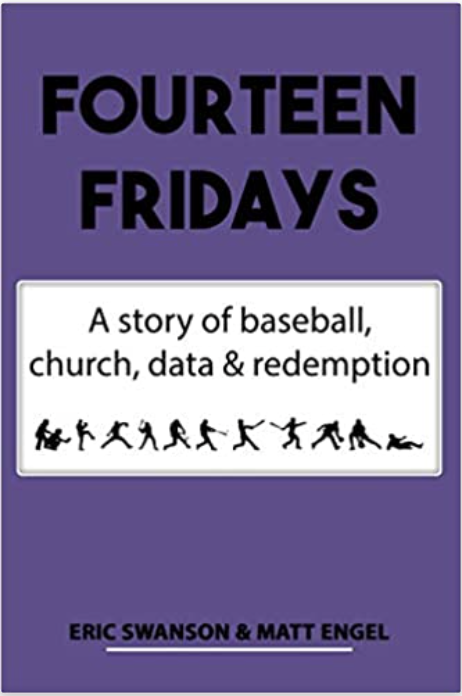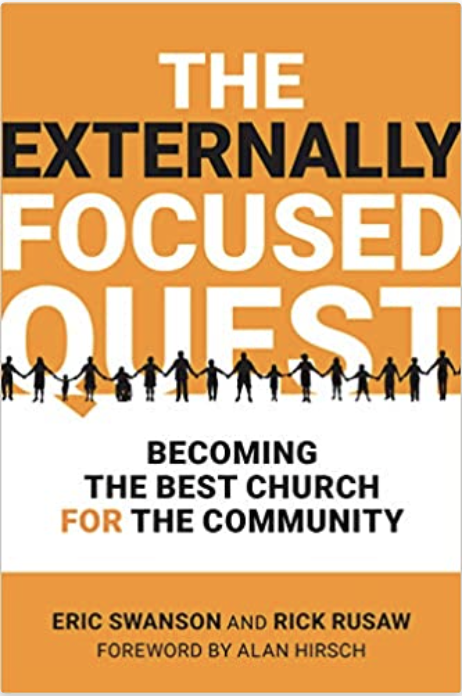What it takes to develop expertise
Gladwell goes beyond the month of one’s birthday as an accumulative advantage for success but he adds a second key—the 10,000 hour rule. Behind every protégé in most any field, it takes roughly 10,000 hour of honing one’s craft that separates highly successful people from the crowd. Check this out: The “research suggests that once a musician has enough ability to get into a top music school, the thing that distinguishes one performer from another is how hard he or she works. That’s it and what’s more, the people at the very top don’t work just harder or even much harder than everyone else. They work much, much harder” (p. 39). To be able to practice one’s craft for 10,000 hours usually means that one cannot have other part time jobs. One must have the economic ability to practice the craft without impediment. The rule has proved true for Bill Jobs (Sun), Bill Gates, Mozart, and the Beatles (in Hamburg, Germany they crafted their skill by playing seven days a week, nearly eight hours a night for 270 nights (five separate trips). Beatles biographer Bill Norman writes, “They weren’t disciplined onstage at all before that. But when they came back, they sounded like no one else. It was the making of them” (p. 50)). Who would have thunk?
But Gladwell gives a bit of a twist to this principle. He argues that the year of one’s birth can lead to an accumulative advantage as it pertains to coming of age. So with Gates, Joy and others, it was important to be born before a certain date (since the bright recent grads will have already secured good jobs with good job security) but also after a certain date (so they would be logistically free to spend lots of time experimenting with computers without the constraints of job or family. “Ideally you want to be twenty or twenty-one, which is to say, born in 1954 or 1955” (p. 65). Bill Gates, Paul Allen, Steve Ballmer (co-founder of Apple), Eric Schmidt (Google founder), Bill Joy, Scott McNeally (co-founder Sun), and others in Internet technology all fit this profile.
No doubt these bright folks would be successful in any chosen field but their birth year allowed them to dominate an industry. No one is self-made. Success builds on success in a virtuous cycle but one must never forget success is never “self-made.” On this weekend, it’s a good time to give thanks for those who helped to get us where we are.








